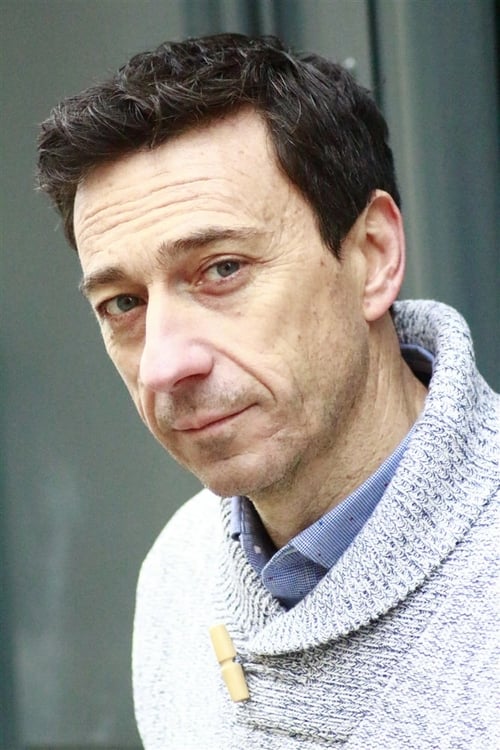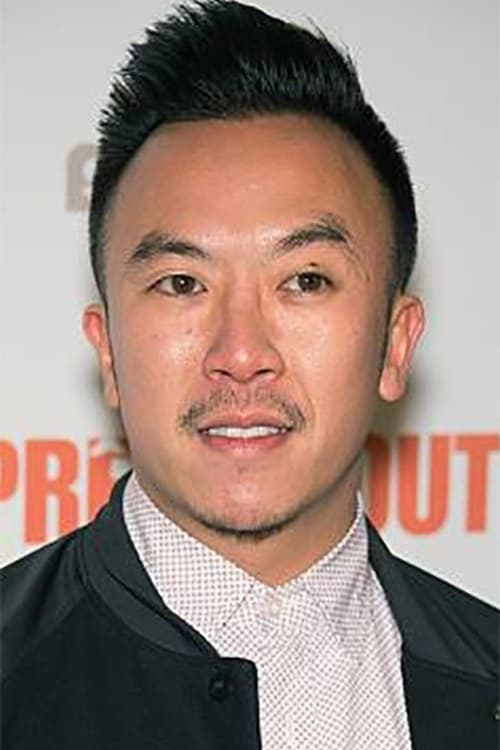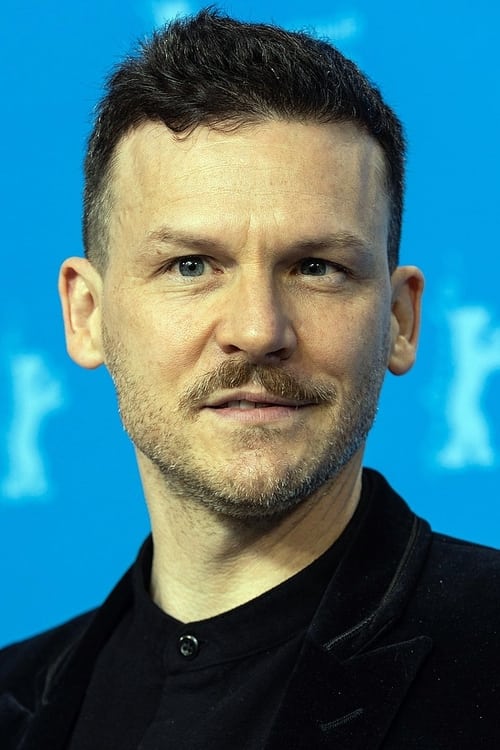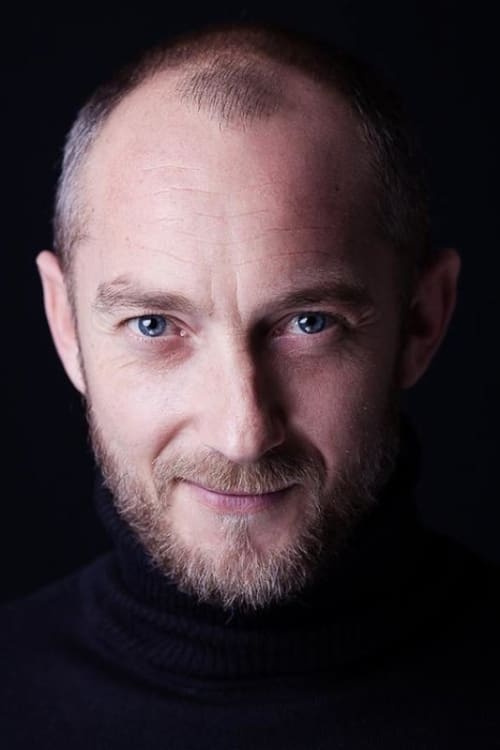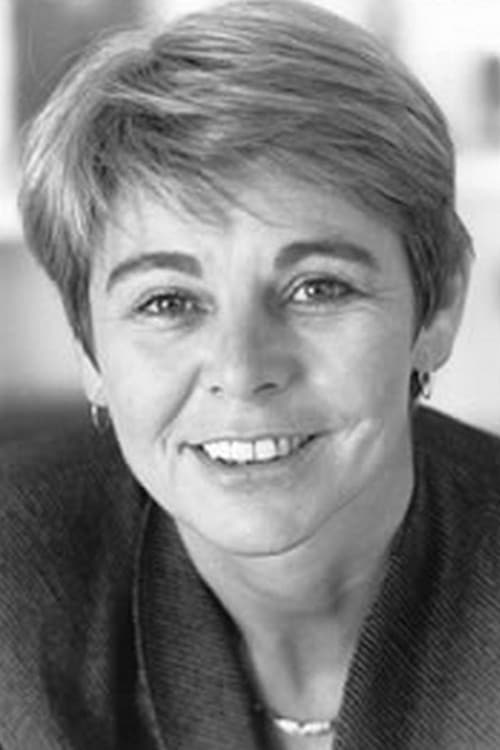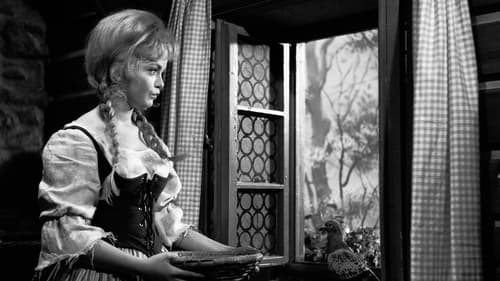Black Ocean (2011)
Genre : Drama
Runtime : 1H 27M
Director : Marion Hänsel
Synopsis
Though its aftertitles detailing the history of French nuke experiments suggest otherwise, writer/director Marion Hänsel’s Black Ocean is not a political treatise or a history lesson, instead taking advantage of the remote, isolated environments in which the experimentation took place – as well as the monumental imagery of the act itself – in order to communicate a more universal story about the power of awe. Ocean principally follows three young sailors on a French naval vessel in 1972, who are on course for an unknown destination in order to help carry out the bomb tests they’ve yet to personally witness. The film is essentially divided into two parts: before and after the blast.

On the isle of Rhodes, Katherine, an expatriate English photographer, lives with her daughter. A young local wants to encourage tourism, so he commissions a sculpture of the Unknown Tourist for the town square; the sculptor he brings to Rhodes is Kate's ex-husband. Also there to see Kate is Sharp, an aging antiquarian and her dear friend. He has something important to tell her. As Kate, her ex, and Sharp sort out things that go back years, two English tourists bumble about, one thinking he's fallen in love with Kate, his wife thinking she's found her own lover. A rare vase, a spy, old friendships, the statue's unveiling, and off-hand English sorting-out play into the resolution.
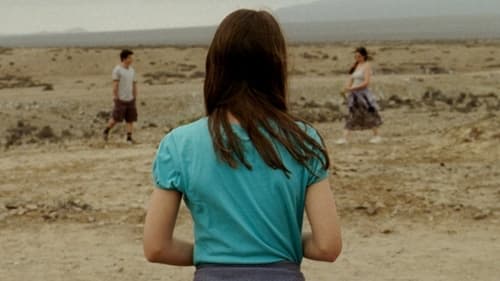
As she and her family embark on a short vacation, a Chilean teenager slowly comes to the realization that her parents might be splitting up.

It’s the late 1950s, and in an affluent and quietly respectable part of Buenos Aires, young Sulamit Löwenstein strikes up a friendship with her next-door neighbour Friedrich over the whereabouts of her family dog. She is the daughter of German-Jewish immigrants to Argentina, he is the son of a senior SS officer, a tragic political legacy from whose shadow both characters struggle to escape over the next three decades. Following the teenaged Friedrich to Germany, Sulamit finds him caught up in the radical politics of late-1960s student life; and she’s forced to make important decisions about her attitude to her homeland when Friedrich returns to Argentina to join the fight against the military junta.

A shy high school senior (Paralta) finds a magic locket that will allow her to trade one physical feature with anyone she murders.

Yang Ruyi (32), a fashion magazine photographer, lives with her elder sister Yang Ruxing (33), a rational, introverted detective fiction author. Ruyi has inadvertently photographed a couple making madly passionately love. Few days later in a shopping center not far from her home, she finds the woman already married, leading a child and is with a different man. Ruyi shares her secret with Ruxing who is suffering from writer's block. The two sisters begin to observe the couple; gradually Ruxing even writes some of her observations into her novel, without letting Ruyi knows it. Late one night, Ruyi views two people are arguing, but as she picks up her camera to photograph she can only see two vague, dark outlines wrestling one another; Ruyi calls the police but upon arriving, nothing seems out of order. Ruyi is convinced she has mistaken nothing; she enlarges the photo and discovers a third outline looks pretty much like her older sister...

For one emotional night, a group of slum children in Mumbai, India, get a chance to experience a different world as they perform The Sound of Music with a classical orchestra, fostering hopes that it could change their lives forever.

A gripping portrait of one Puerto Rican family living in NYC. Roberto, 29, the eldest son gay and living in Greenwich Village. Marta the family matriarch, living in Brooklyn and raising the grandchildren that have, for the most part been abandonded by their parents. Danny, 23, returning from Riker's Island after spending yet more time in jail. Beatriz, vanishing periodically to indulg her crack cocain habit.

What happens when a woman goes in search of her identity and discovers that the cycle of violence she's been working hard to break in the US is part of her family history and culture on another continent?
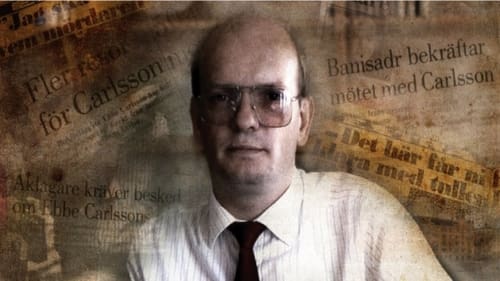
A documentary dealing with the publisher Ebbe Carlsson's decision to start his own investigation on the murder of Swedish Prime Minister Olof Palme

Anna, an artist, is obsessed with the invasion of alien doubles bent on total destruction. Her schizophrenia is reflected in the juxtapositions of long movie camera takes with violently edited montages: private with public spaces; black & white with colour, still photographs with video, earsplitting sounds with disruptive camera angles. Anna uses her body like a map; after a devastating quarrel with her lover, she paints red stitches on herself. Watching their scenes together, we realize how seldom, if ever before, the details of sexual intimacy have been shown in film from the point of view from a woman. Export privileges rupture over unity and never settles for one-dimensional solutions
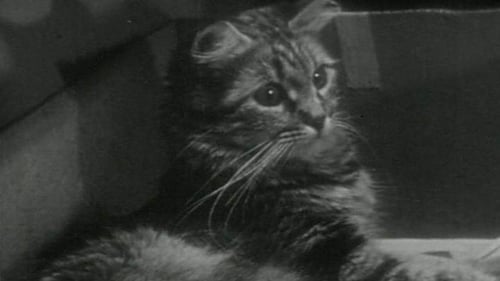
An intimate study of the life of a domestic cat, taking place over a period of months as she gives birth to a litter of kittens and cares for them as they grow.
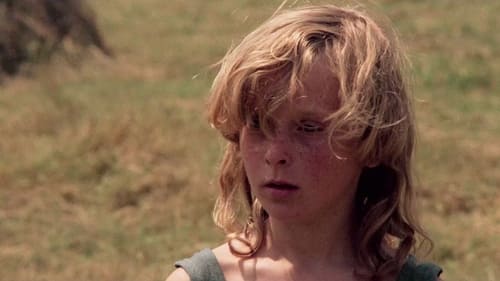
On his return from America, András simply cannot find his place: he has lost his wife, friends and job, and he cannot even find his way back to his former great love. Eventually, as a surrogate father, he takes in a wild young girl (Zsuzsa Czinkóczi) and a particularly strong bond is formed between these two rootless people. Márta Mészáros’s remarkable movie starring Jan Nowicki and Anna Karina is about displacement, loneliness and attachment.

Three people rob a bank to help a day care center that's in debt. Wolf is captured, Werner identified, police suspect Christa is the third. She and Werner ask Hans, a clergyman, to launder the money and give it to the kindergarten. He refuses. They try Ingrid, Christa's friend, who tries to help, but the school rejects the money. When tragedy strikes Werner, Hans helps Christa bolt to a collective in Portugal. Ingrid visits her; their relationship makes the collective nervous, so she returns to Germany and ceases living in hiding. The police are still looking for her and so is a witness to the robbery, Lena, a bank clerk. Lena's interest brings Christa's second awakening.
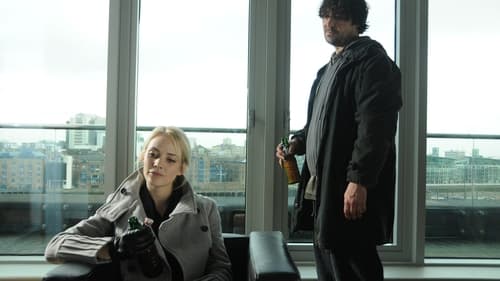
If global economy came to a sudden stop what would be the effect on families worldwide? People in different countries or continents might not seem to be interrelated but there is more than meets the eye and we might be more connected than we sometimes like to think.

The mother of three children seems to become romantically involved with the man playing Don Juan in the same local countryside theatre where she is acting. The children decide to try to poison the man who is threatening their family life. The real life and the stage roles get intertwined...

Young single mother has two sons and a daughter by three different fathers who are completely unaware of having fathered them. Anne's mother conjures up a plot to make everyone involved to go on a beach holiday in Mexico at the same time so that her grandchildren could meet their fathers and their new families.

Generation Orchestra is a portrait of the impact of an initiative by the same name students from the Miguel Torga School, in Amadora. The initiative was inspired by the international project Orquestra Simon Bolivar, the apex of the National Network of Youth and Children's Orchestras of Venezuela. Ana, Daniel, Diogo and Monica take part in Generation Orchestra and devote themselves to a project that breaks with the formatted context of public schooling and becomes an indispensable part of their lives. From the onset, starting with Drama classes, we discover their dreams, their relationship with music and their sense of truly belonging to a group.





